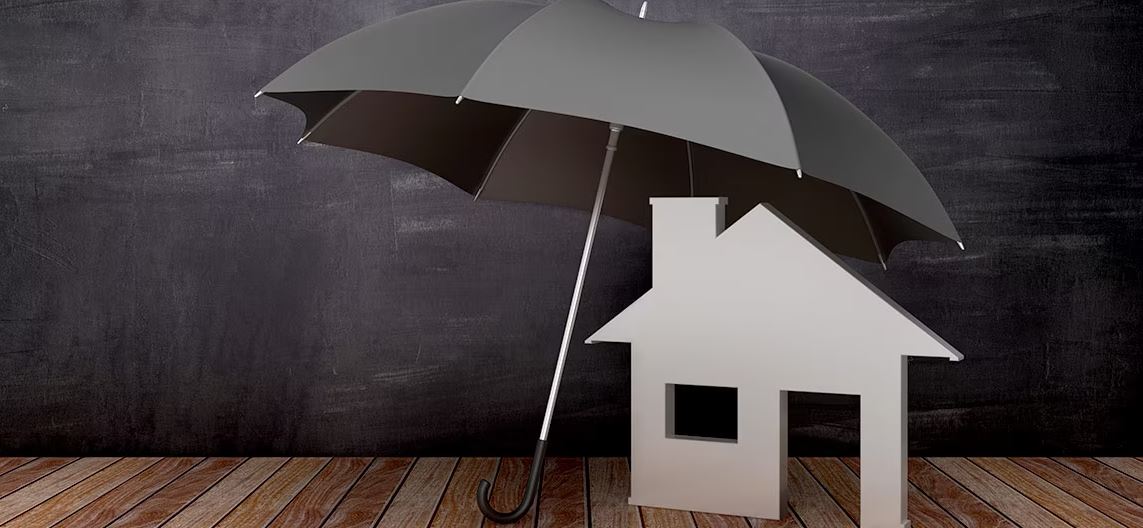For many people, purchasing a home requires mortgage insurance. It can increase the accessibility of home ownership, but it also raises the cost of your mortgage significantly. We will examine the benefits and drawbacks of mortgage insurance in this extensive article to assist you in making an informed choice.
Pros of Mortgage Insurance
You may be better able to see why this insurance might be a required addition to your mortgage if you are aware of its advantages.
1. Lower Down Payment
The ability to make a smaller down payment is one of mortgage insurance’s biggest benefits for purchasers. Buyers can buy a home with as little as 3% down for conventional loans and 3.5% for FHA loans, saving them from having to wait years to save up 20%. This may enable home ownership considerably earlier.
2. Improved Loan Accessibility
For a large number of people who might not otherwise be eligible for a mortgage, this insurance provides access. Because the insurance lowers the risk, lenders are more likely to approve loans for applicants who make smaller down payments.
3. Build Equity Sooner
Having the potential to purchase a home earlier allows you to immediately begin creating equity. When compared to renting, where no equity is gained, this can be advantageous.
4. Potential Tax Deductions
Mortgage insurance premiums may be deductible for tax purposes in certain circumstances. This can provide homeowners some financial relief by offsetting the increased expense.
5. Flexibility in Loan Options
Loan alternatives are flexible with mortgage insurance. For instance, FHA loans give people with poorer credit ratings options, and VA and USDA loans give qualified borrowers special advantages.
6. Opportunity for Home Appreciation
Homeowners may profit in the long run from property appreciation if they buy sooner. Future financial stability and a rise in home equity may result from this.

Cons of Mortgage Insurance
Although it offers advantages, there are disadvantages that prospective homeowners should be aware of.
1. Additional Monthly Cost
The extra monthly expense associated with mortgage insurance is its main drawback. Home ownership becomes more costly when you factor in PMI, FHA insurance, and other types , which can raise your monthly mortgage payment by hundreds of dollars.
2. Lifetime Cost
If the down payment for an FHA loan is less than 10%, it may be necessary for the duration of the loan. This implies that the extra expense will continue until the mortgage is paid off, which might result in thousands of dollars in expenses over the course of the loan.
3. Difficulty in Cancellation
Once you have 20% equity in your house, PMI can be abolished, but the procedure can be difficult. Homeowners frequently have to submit cancellation requests and produce documentation of the property’s current worth, which may entail an appraisal.
4. Impact on Loan Approval
Mortgage insurance may have an effect on the entire loan approval procedure. For borrowers that require this insurance, lenders may impose more stringent restrictions, such as lower debt-to-income ratios and better credit scores.
5. Reduced Home Buying Power
Your ability to purchase a home may be diminished by the added expense of mortgage insurance. Your alternatives in the housing market may be restricted if you are eligible for a lesser loan amount due to your higher monthly payments.
6. Long-term Financial Impact
The cost of this insurance may increase significantly over time. Over the course of the loan, the additional expenses may mount up and may make it more difficult for you to save money for emergencies or other purposes.

Weighing the Pros and Cons of Mortgage Insurance
Carefully assessing the benefits and drawbacks will help you determine if mortgage insurance is the correct choice for you. Here are some things to think about:
Your Financial Situation
Think about your existing financial status and how you can afford mortgage insurance. If you can’t afford the extra monthly payment but don’t have enough cash for a down payment, this can be a good way to become a homeowner sooner.
Long-term Goals
Consider your long-term financial objectives. The advantages of equity accumulation and home appreciation may outweigh the additional expense of mortgage insurance if you intend to remain in your house for an extended period of time. But the extra expense might not be justified if you plan to move in a few years.
Potential for Equity Growth
Take into account the possibility of increasing your home’s equity. Building equity fast can pay off mortgage insurance if the housing market is robust and home values are rising. That being said, the extra expense might not be warranted in a market that is static or contracting.
Tax Implications
To learn more about the possible tax ramifications of mortgage insurance, speak with a tax expert. It might be more alluring if the premiums are tax deductible, which can help lower the overall cost.
Conclusion
The benefits and drawbacks of mortgage insurance vary depending on your particular financial status and aspirations for home ownership. Although it can facilitate home ownership by lowering the down payment, it also increases monthly mortgage payments and may have long-term financial effects.
Knowing the benefits and drawbacks can help you make an informed choice that fits well with your financial goals. To decide if this insurance is the best option for you, take into account your present financial situation, your long-term objectives, and your available loan possibilities. You can minimize the financial burden of this insurance while maximizing the advantages of home ownership by investigating cost-mitigating methods.



